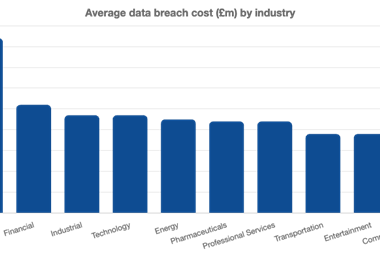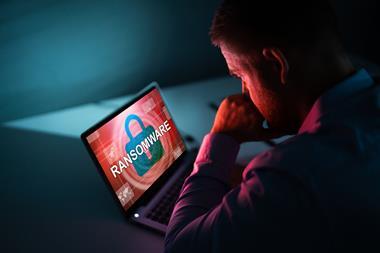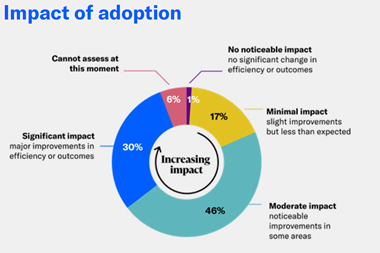A plot to victimise a million people and steal around $74m has been broken up in Operation Trident
Two people have been charged and more than forty computers seized in an international cyber crime crackdown designed to break up a plot that vicitmised almost 1m people and cost around $74m.
The operation targeted cyber crime rings that sold fraudulent computer security software (called "scareware") that caused more than $74m in total losses.
Twenty two computers and servers were seized in the US and 25 more in Holland, Latvia, Germany, France, Lithuania, Sweden and the UK.
Scareware poses as legitimate computer security software then barrages users with notifications until they pay for worthless “anti-virus” products.
One of the criminal groups that the operation disrupted had victimised an estimated 960,000 users.
“The global reach of the internet makes evry computer user in the world a potential victim of cyber crime,” said US attorney Todd Jones.
“Cyber threats are a global problem, and no single country working alone can be effective against these crimes,” said Assistant director of the FBI’s cyber division Gordon Snow.
See the factfile below for advice or how to avoid scareware.
In related news the Lulzsec hacker group responsible for the recent cyber attacks on Sony and Nintendo disbanded on June 26.
The group posted a link on its twitter feed (which is available here) stating “Lulz Security - our crew of six wishes you a happy 2011, and a shout-out to all of our battlefleet members and supporters across the globe.”
The group also posted confidential information acquired during their various hacks online.
The BBC reported that “LulzSec's announcement could be a sign that its members are nervous because of recent police investigations.”
For Euronews’ coverage of this story see the video below.
Cyber crime- Essential advice for risk managers
-How to avoid scareware
*Avoid unsolicited "free computer scans."
*Maintain an updated operating system.
*Maintain legitimate up to date anti-virus software.
-How to spot scareware
*Scareware advertising is difficult to dismiss and uses aggressive pop-up messages.
*Scareware programmes go under the names such as Virus Shield, Antivirus and VirusRemover.
*Familiarise yourself with legitimate antivirus software.



















